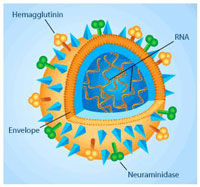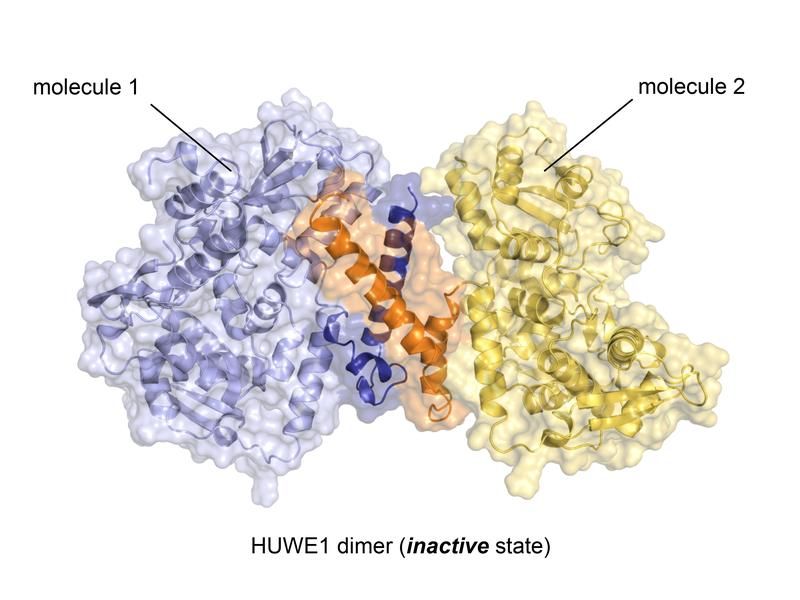Fujitsu and Idenken Collaborate on World's Fastest Bio-Database
Tokyo. The National Institute of genetics, also known as Idenken, and Fujitsu Limited announced their agreement to collaborate on development of a next-generation database system. Aiming to develop a research and business platform for the post-genome era of biotechnology, an industry that is expected to reach 25 trillion yen by 2010, Idenken and Fujitsu plan to develop the world's fastest database system and position it as the de-facto standard for the field.
The new system will be based on Fujitsu's Interstage Shunsaku Data Manager Enterprise Edition XML database engine. A previous prototype developed prior to this announcement has already achieved speeds 100-times faster than Idenken's existing database system.
The prototype of this system is to be installed at Idenken's Center for Information Biology and DNA Data Bank of Japan (CIB-DDBJ), and is scheduled to be publicly unveiled by the end of this year.
The CIB-DDBJ, together with the European Molecular Biology Laboratory and the U.S.'s National Institutes of Health, constitute the world's three major DNA databanks, with Japan's operated by the DNA Data Bank of Japan, which is constructing the world's largest repository of genomic and genetic data. The DDBJ stores on behalf of all Japan's government agencies the data from genome projects on numerous organisms, as well as publicly available data from the Patent Office, and is therefore positioned at the center of Japan's life sciences research.
Its database currently holds 35 million data including DNA pattern of 39.8 billion bases (equivalent to 200 years of newspapers), and continues to grow at an explosive rate - doubling every year. With over 10,000 users accessing the database every day, a faster DNA database is the key for Idenken to capture and maintain the pole position in the fiercely competitive world of biotech R&D.
For its part in the project, Fujitsu is employing the cutting-edge platform technology of its advanced XML database engine, Interstage Shunsaku, the first of its type developed in the world. This path-breaking technology will be able to handle massive amounts of data and a huge volume of searches, all while delivering the world's fastest search performance, enabling instantaneous responses to users' varied search requests. Once it is completed, the system will not only allow more thorough research to be conducted than ever before, operating on the level of the body, organs, tissues, cells, and molecules, it will also open the way to personalized medicine based on the latest research, which may be the key to curing cancer, high blood pressure, diabetes, and other diseases, as well as shortening the development cycle for new drugs. It will bring us one step closer to healthcare for the ubiquitous computing era. Making this database's ultra fast searches available to users worldwide should put Japan in a good position to establish an international de-facto standard for biotech data.
Fujitsu and DDBJ have taken Interstage Shunsaku, which was originally developed to offer ultra high-speed processing of conventional text searches, and enhance it to handle high-volume processing of complex data, and will apply it in the rapidly expanding and information-intensive field of biotechnology. Through their collaboration, they are pursuing research into next-generation bio database systems. Based on its accomplishments in this sector, Fujitsu plans to apply this technology to other business sectors, with plans to roll it out worldwide, while DDBJ plans to position itself as an international leader in bioinformatics.
Most read news
Topics
Organizations
Other news from the department business & finance

Get the analytics and lab tech industry in your inbox
By submitting this form you agree that LUMITOS AG will send you the newsletter(s) selected above by email. Your data will not be passed on to third parties. Your data will be stored and processed in accordance with our data protection regulations. LUMITOS may contact you by email for the purpose of advertising or market and opinion surveys. You can revoke your consent at any time without giving reasons to LUMITOS AG, Ernst-Augustin-Str. 2, 12489 Berlin, Germany or by e-mail at revoke@lumitos.com with effect for the future. In addition, each email contains a link to unsubscribe from the corresponding newsletter.






























































